A new report from the UN Environment Programme (UNEP) reveals that climate change is severely affecting the Caucasus region, with glacier retreat and shrinking freshwater supplies threatening communities across Azerbaijan, Armenia, Georgia, and parts of Iran, Russia, and Türkiye. Released ahead of the UNFCCC COP29 summit, the report outlines alarming environmental changes and calls for urgent, collaborative solutions to mitigate their impacts.
According to the second Caucasus Environment Outlook (CEO-2), glaciers in the region have receded by an average of 600 meters over the past century. Since 2000, more than 11 billion tonnes of freshwater previously stored in ice have been lost. The decline in glacier and snow cover is already affecting river flows, a key water source for millions, with projections indicating further reductions in available freshwater. River flows across most Caucasus countries are expected to decrease by up to 20% by 2100, and recent data already show substantial declines, such as a 26% drop in Armenia and 20% in Azerbaijan by 2020.
The report warns that average regional temperatures could rise by as much as 3.6°C by the century's end, with mountainous areas seeing the most rapid warming. This intensifying heat is expected to speed up glacier melt, increase flood risks, and further reduce water resources. In August 2023, the village of Shovi in Georgia’s Racha region experienced a deadly mudflow, killing at least 24 people. This disaster, triggered by intense rainfall and glacial melt, highlights the severe, immediate risks posed by climate change in the region.
The UNEP report includes 20 maps visualizing environmental shifts and calls for comprehensive measures to adapt to these changes. UNEP’s Europe Office Director Arnold Kreilhuber emphasized the urgency of reducing emissions globally, noting that the Caucasus report "doesn’t just sound the alarm. It provides valuable guidance to help mitigate climate impacts for people and the environment."
To address these challenges, the report recommends integrating climate adaptation into regional policies, prioritizing environmental considerations in urban planning, and developing transboundary water management plans. Enhanced collaboration on data sharing and monitoring is also highlighted as essential for managing the risks posed by climate change in this ecologically and geopolitically complex region.
Read next
09:07
UN Deputy Secretary-General Amina Mohammed urged fair policies for clean energy minerals, highlighting the need for equity, transparency, and environmental protection as demand soars worldwide.
09:23
In response to devastating floods that have claimed over 150 lives in Spain, the UN is emphasizing the need for immediate global action to reduce greenhouse gas emissions
15:07
The United Nations said Israeli tanks broke into a peacekeeping base in southern Lebanon, marking a new violation that even Israel's allies are criticizing.


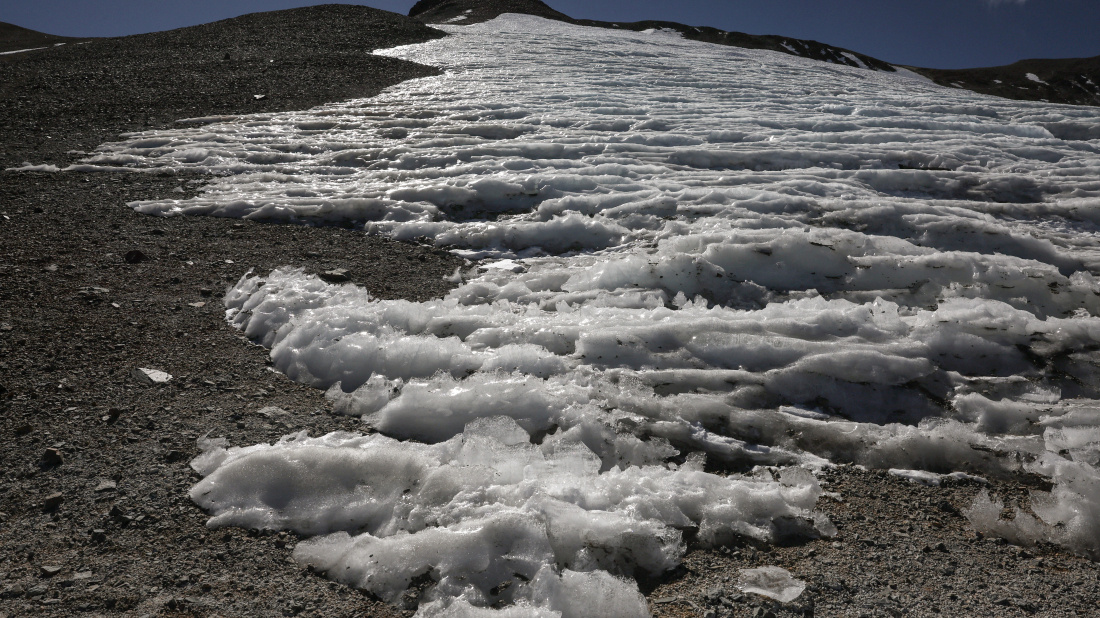
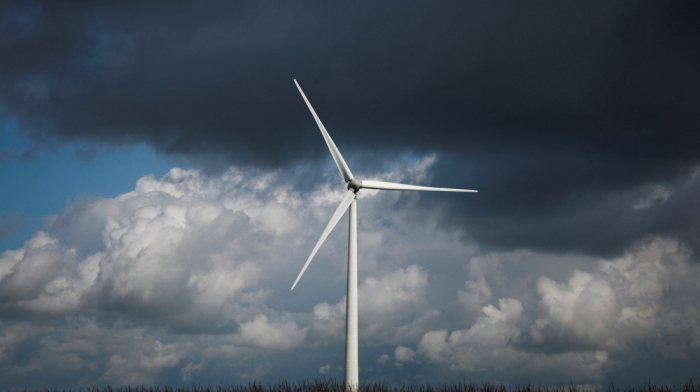

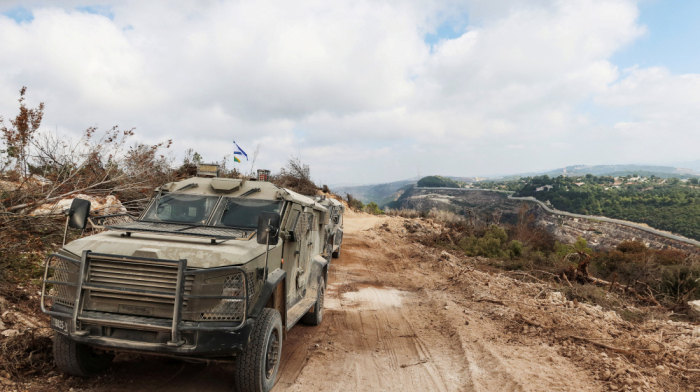

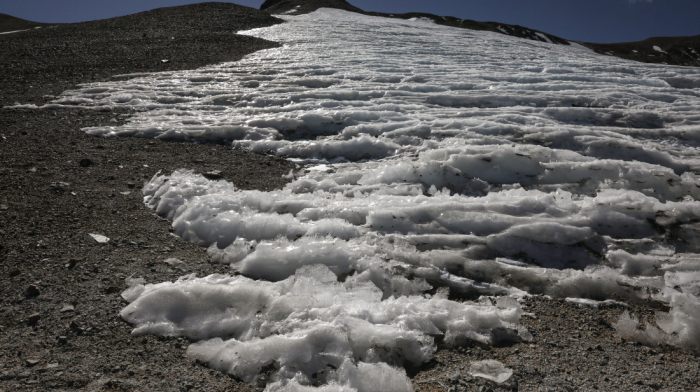

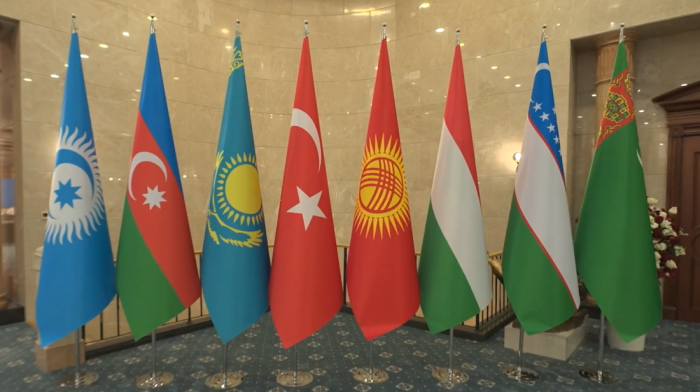







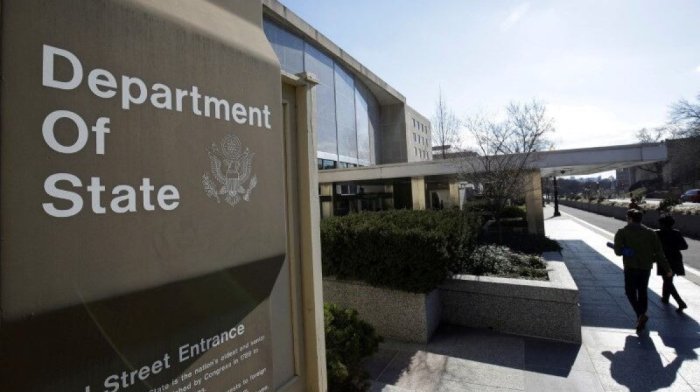


What is your opinion on this topic?
Leave the first comment